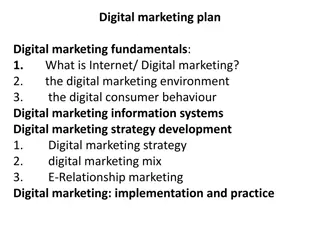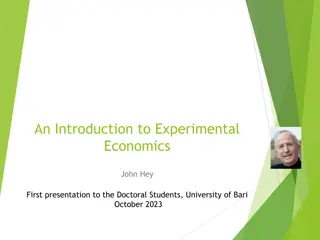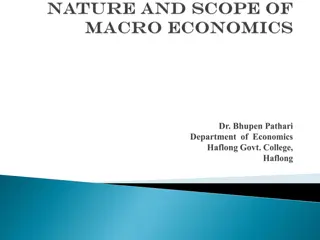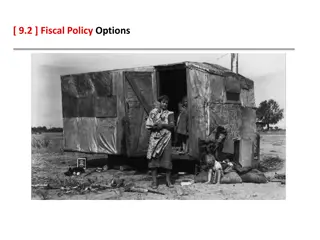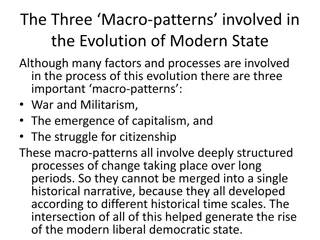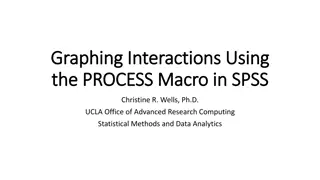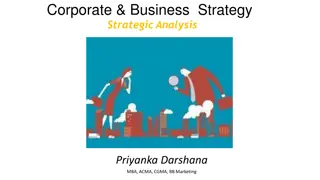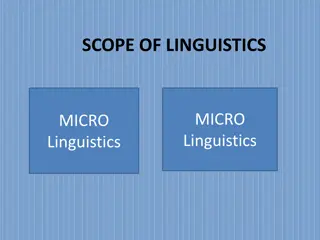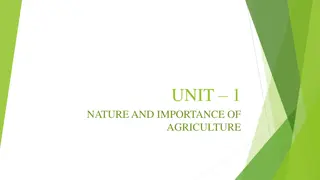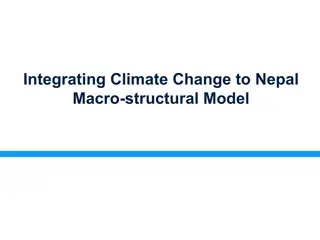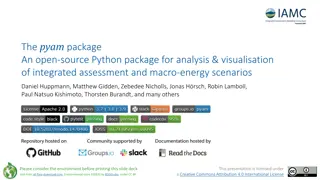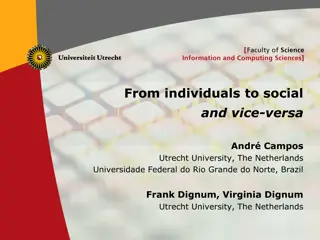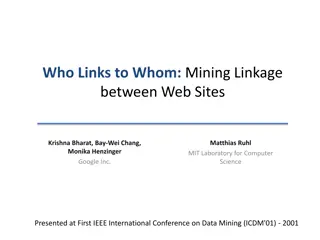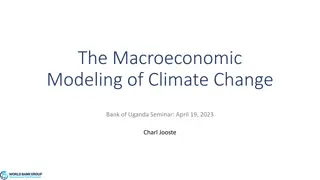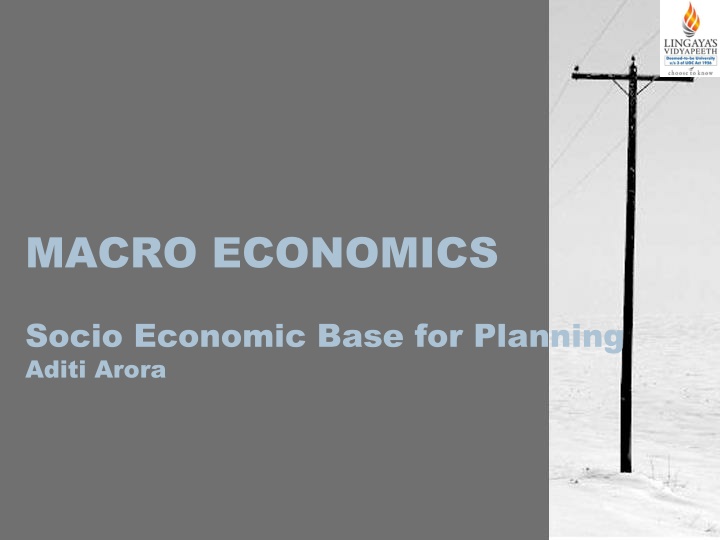
Fundamentals of Macro Economics for Effective Planning
Delve into the realm of macroeconomics with a focus on the nation's economy as a whole, covering topics such as GDP, employment, inflation, and economic growth. Explore the development of macroeconomic theory and the key objectives and instruments of macroeconomic management for sustainable economic stability and growth.
Download Presentation

Please find below an Image/Link to download the presentation.
The content on the website is provided AS IS for your information and personal use only. It may not be sold, licensed, or shared on other websites without obtaining consent from the author. If you encounter any issues during the download, it is possible that the publisher has removed the file from their server.
You are allowed to download the files provided on this website for personal or commercial use, subject to the condition that they are used lawfully. All files are the property of their respective owners.
The content on the website is provided AS IS for your information and personal use only. It may not be sold, licensed, or shared on other websites without obtaining consent from the author.
E N D
Presentation Transcript
MACRO ECONOMICS Socio Economic Base for Planning Aditi Arora
Introduction Macro Economics is the Study of the nation s economy as a whole. It deals with issues pertaining to total production(GDP), distribution, employment, inflation, trade, balance payments, investment levels etc. and trends there in. Fluctuations in the above are referred to as Business Cycle. Secular trends in the above determining the sustained increase in production and peoples standard of living is referred as economic growth.
Introduction Unlike Micro Economic theory that is largely concerned with maximization of benefits to individual persons, firms, Macro Economic theory provides the logical tools for analysis and for finding solutions to the problems facing the nation s economy.
Development of Macro Economic Theory. It is generally agreed that J.M. Keynes s General Theory of Employment, Interest, and Money 1936 has laid foundations of modern macro economic thought. Though Keynes s treatise focused on finding the causes for the 1930 s Great Depression and suggest ways for ensuring the non recurrence of such situations, It has brought about paradigm shifts in the thinking of economists about macro economic issues.
Development of Macro Economic Theory. Now it has come to be accepted by all that for effective management of a nation s economy constant monitoring and appropriate interventions by government are essential. Development economics has now come to be recognized as a special branch of macro economics. It deals with the challenges that often confront the industrially less advanced countries in their efforts to achieve rapid economic growth and suggests possible ways by which the same could be surmounted.
Macro Economic Objectives The core macro economic objectives are: Steady& sustained increase production (GDP) Full employment Promotion of savings and investment Price stability Sustainable balance of payments. Self reliance Economic empowerment of women.
Instruments Macro Economic Management Fiscal policy Monetary policy Industrial policy Trade policy

